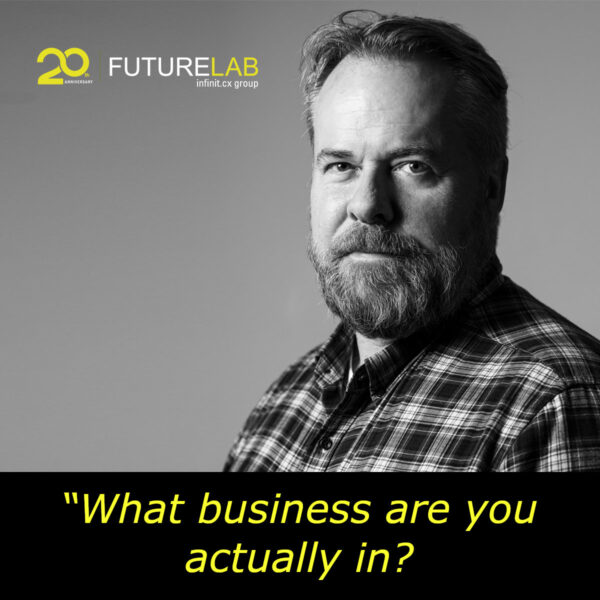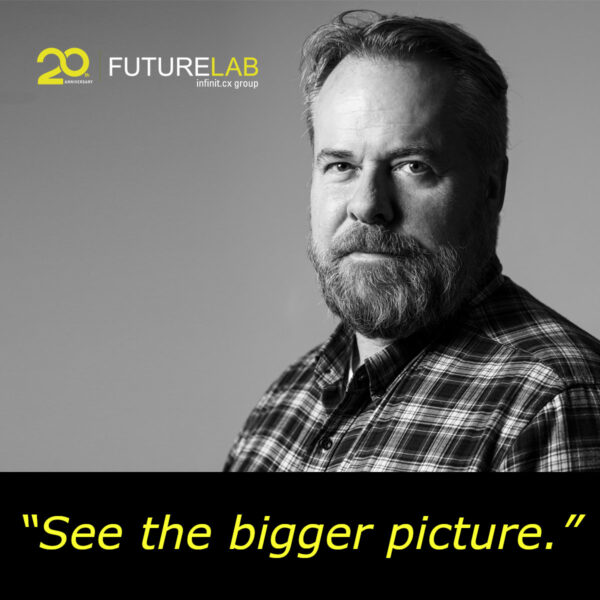Recently colleague Peter Kim and myself found ourselves in close contact with a "social media expert". The problem is this expert was sucking in the feed of my blog without permission, attribution and had more holes in his resume than a slice of Swiss cheese. So how do you separate the social media snake oil from the vinegar? It’s not easy, but here’s a few pointers:
1. My last job was selling junk bonds
As I mentioned in social media’s dirty little secrets—there’s a bandwagon to be jumped on. As you do background checks around the people you choose to partner with in social business, you should be able to see ties from the past to what they are doing now. Has this person been working in community or internet related fields? That’s a good sign. Was this person selling pre-paid calling cards? Maybe not so good. There are no hard rules here, but some previous positions transfer better than others. Use common sense.
2. I’m an expert, just see the testimonials
Actually there really isn’t anything wrong with self identifying yourself as an expert in a field or including things people said about you. However, it’s up to you to leverage tools like Google, Linked In etc. to see what others have said or investigate further—don’t just take them at their word.
3. I can guarantee you X number of followers…
Anyone who starts their pitch by promising friends, followers, or even positive word of mouth is suspicious. This tells you they”re looking to "sell you" a quick fix which is probably in response to the hype of people placing such a big emphasis on metrics such as this. A social way of doing business is often times a slow burn with complex problems needing to be addressed. There are no silver bullets in an industry built on connections, relationships and the direct empowerment of citizens.
4. Social media will save you
No it won’t. Anyone framing social media as the solution to the world’s problems is either drinking Koolaid or looking to make a buck. That said, the prospect of doing business in a socially calibrated fashion is bigger than a new communication channel, it’s a shift that’s causing changes. However, never confuse shift with salvation.
5. Build it and they will socialize
Be wary of anyone selling a point solution that promises instant social interactions, conversations, collaboration etc. Many businesses fail because they were built at the wrong time, in the wrong place or with the wrong tools. Any respectable practitioner will try to investigate where fertile ground is before building anything—and will tell you if there isn’t any.
Bottom line, there’s unfortunately a short term business model for hucksters out to make a buck at your expense. That’s because the field is still young and there isn’t much that’s been established—it’s a bit of a wild west scenerio. Which ironically is a period in time when the snake oil salesmen thrived.
Original Post: http://darmano.typepad.com/logic_emotion/2009/09/snake.html




